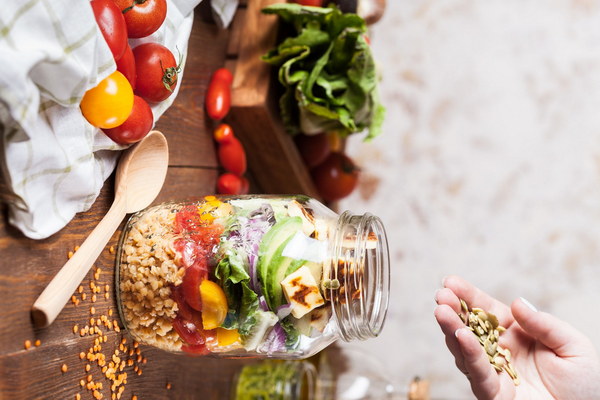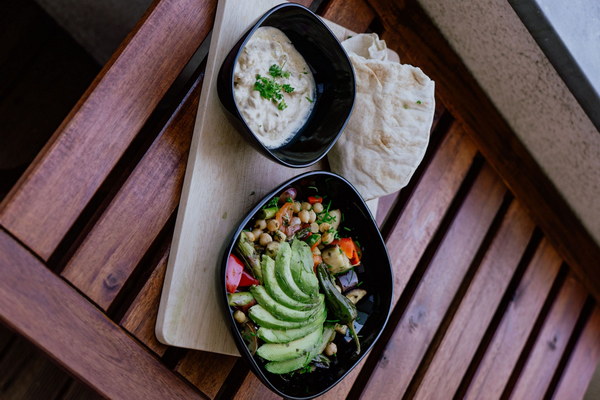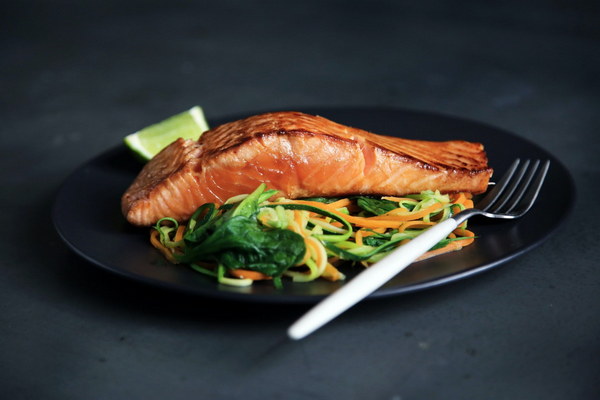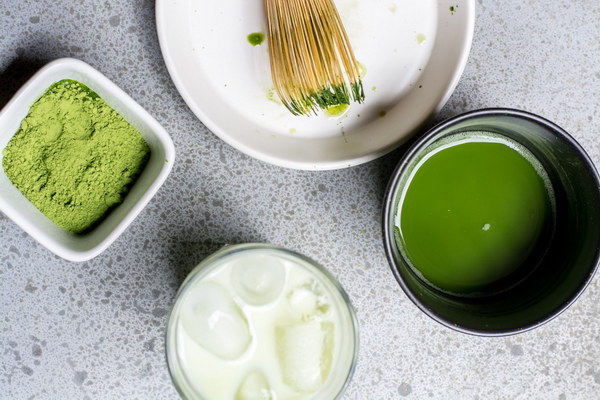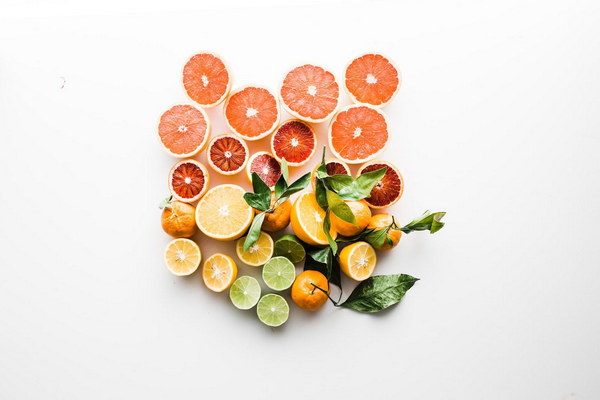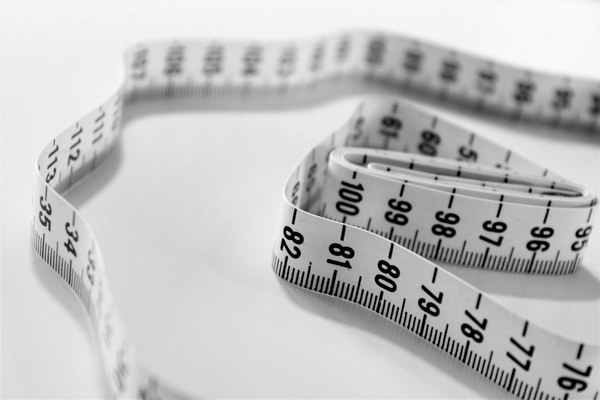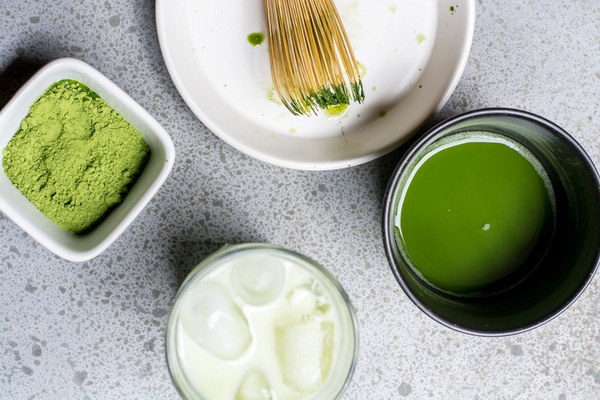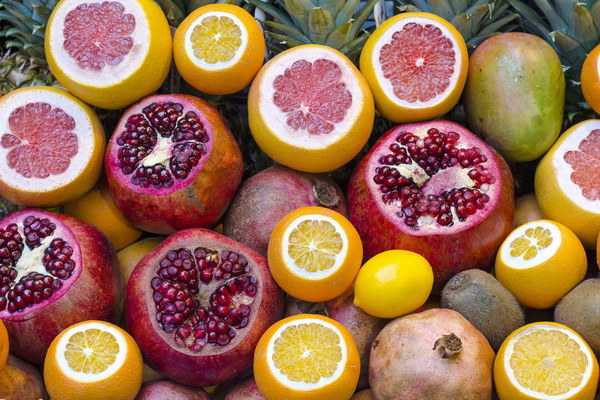Post-Stroke Nourishing Your Body with the Right Diet
After experiencing a stroke, the body undergoes a period of healing and recovery. One essential aspect of this process is to consume a well-balanced and nutritious diet that can help in restoring strength and vitality. This article provides insights into the best foods to include in your post-stroke diet to support your body's healing journey.
1. Fruits and Vegetables
Adequate intake of fruits and vegetables is vital for post-stroke recovery. These foods are rich in vitamins, minerals, and antioxidants, which can help reduce inflammation, improve cardiovascular health, and support overall recovery. Some fruits and vegetables to incorporate into your diet include:
- Berries (blueberries, strawberries, raspberries)
- Leafy greens (spinach, kale, collard greens)
- Cruciferous vegetables (broccoli, cauliflower, cabbage)
- Citrus fruits (oranges, grapefruits, lemons)
2. Lean Proteins
Protein is crucial for muscle repair and growth, making it an essential component of your post-stroke diet. Lean proteins such as fish, poultry, eggs, and legumes can help in regaining muscle mass and improving strength. Incorporate the following protein sources into your meals:
- Salmon, trout, and other fatty fish (rich in omega-3 fatty acids)
- Chicken, turkey, and lean cuts of beef
- Eggs (high in protein and other essential nutrients)
- Lentils, chickpeas, and other legumes
3. Whole Grains
Whole grains provide complex carbohydrates, fiber, and essential nutrients that can help in maintaining energy levels and improving digestive health. Some whole grain options to include in your diet are:
- Brown rice
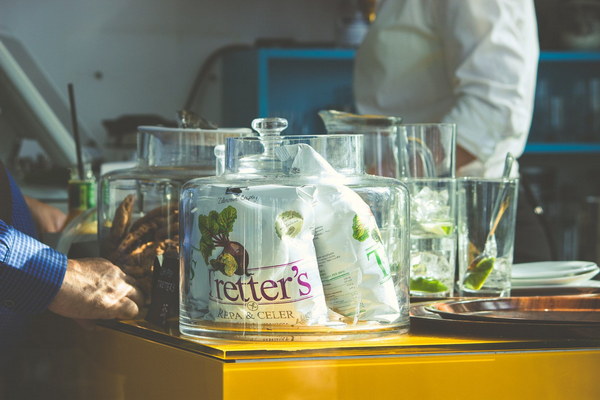
- Oatmeal
- Quinoa
- Whole wheat bread and pasta
4. Healthy Fats
Healthy fats, such as those found in avocados, nuts, and seeds, can help reduce inflammation and support brain health. These fats are also beneficial for heart health and can aid in the recovery process. Here are some healthy fat sources to consider:
- Avocados
- Almonds, walnuts, and other nuts
- Chia seeds, flaxseeds, and hemp seeds
- Olive oil and canola oil
5. Hydration
Proper hydration is essential for overall health and recovery after a stroke. Drinking plenty of water can help in flushing out toxins, maintaining electrolyte balance, and supporting organ function. Aim to drink at least 8 cups (64 ounces) of water daily.
6. Limitation of Certain Foods
While focusing on a nutritious diet is important, it's also crucial to limit certain foods that can hinder your recovery. These include:
- High-sodium foods: Salt can lead to water retention, high blood pressure, and increased risk of heart disease.
- High-fat foods: These can contribute to clogged arteries and increase the risk of another stroke.
- Processed and sugary foods: These foods are high in calories and low in nutritional value, which can hinder recovery and contribute to weight gain.
In conclusion, a post-stroke diet should prioritize nutrient-dense foods that support healing and overall health. By incorporating a variety of fruits, vegetables, lean proteins, whole grains, healthy fats, and staying hydrated, you can provide your body with the essential nutrients it needs to recover and thrive. Always consult with a healthcare professional or a registered dietitian to create a personalized diet plan that meets your specific needs during your post-stroke recovery journey.

